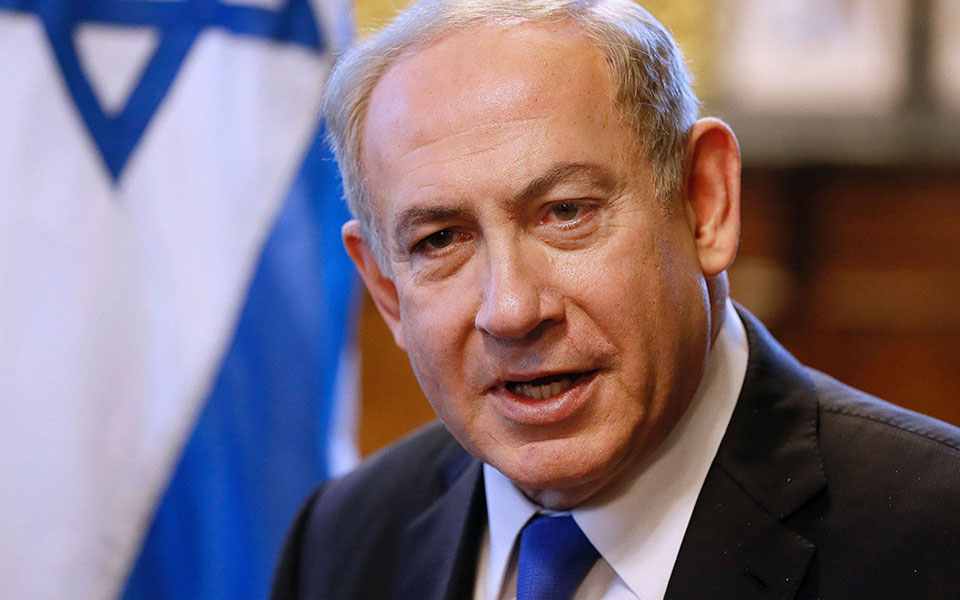Jerusalem, May 29 : Israeli Prime Minister Benjamin Netanyahu said on Monday he will urge German and French leaders next week to back Israel's position that Iran should have no military presence in Syria, according to a statement released by the PM's Office.
Netanyahu is scheduled to head to Europe on Monday for a three-day trip, during which he will meet German Chancellor Angela Merkel and French President Emmanuel Macron, Xinhua reported. He said he might also meet with British Prime Minister Theresa May.
Addressing a meeting of his Likud party at the parliament on Monday, Netanyahu, a staunch opponent of the Iran nuclear deal, said his talks will focus on the US withdrawal from the nuclear deal and the Iranian presence in Syria.
"We believe that there is no room for any Iranian military presence anywhere in Syria," he said.
"Of course, this reflects not only our position; I can say with certainty that it also reflects the positions of others in the Middle East and outside it. This will be the main focus of discussions," he added.
Over the past year, Israel has been pledging Russia and the U.S. to prevent Iran from establishing a military presence in Syria, where Iranian forces are fighting alongside Syrian President Bashar al-Assad's army.
In the past weeks, Israel has struck what it said were Iranian targets in Syria, raising fears of a large-scale confrontation.
Let the Truth be known. If you read VB and like VB, please be a VB Supporter and Help us deliver the Truth to one and all.
Dubai (AP): Airstrikes targeting an air base in southeastern Iran killed at least 13 Iranian troops there, local media reported.
The semiofficial Tasnim news agency and the Hammihan daily newspaper reported the strike in Kerman, 800 kilometres (500 miles) southeast of Iran's capital, Tehran.
The Kerman Air Base is known to house military helicopters.





